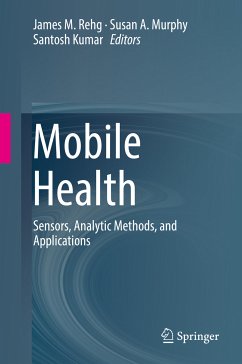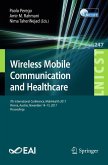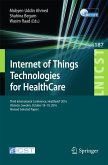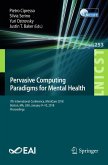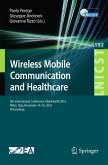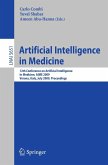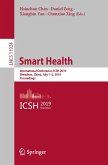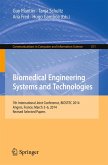This volume provides a comprehensive introduction to mHealth technology and is accessible to technology-oriented researchers and practitioners with backgrounds in computer science, engineering, statistics, and applied mathematics. The contributing authors include leading researchers and practitioners in the mHealth field.
The book offers an in-depth exploration of the three key elements of mHealth technology: the development of on-body sensors that can identify key health-related behaviors (sensors to markers), the use of analytic methods to predict current and future states of health and disease (markers to predictors), and the development of mobile interventions which can improve health outcomes (predictors to interventions). Chapters are organized into sections, with the first section devoted to mHealth applications, followed by three sections devoted to the above three key technology areas. Each chapter can be read independently, but the organization of the entire book provides a logical flow from the design of on-body sensing technology, through the analysis of time-varying sensor data, to interactions with a user which create opportunities to improve health outcomes. This volume is a valuable resource to spur the development of this growing field, and ideally suited for use as a textbook in an mHealth course.
Dieser Download kann aus rechtlichen Gründen nur mit Rechnungsadresse in A, B, BG, CY, CZ, D, DK, EW, E, FIN, F, GR, HR, H, IRL, I, LT, L, LR, M, NL, PL, P, R, S, SLO, SK ausgeliefert werden.

